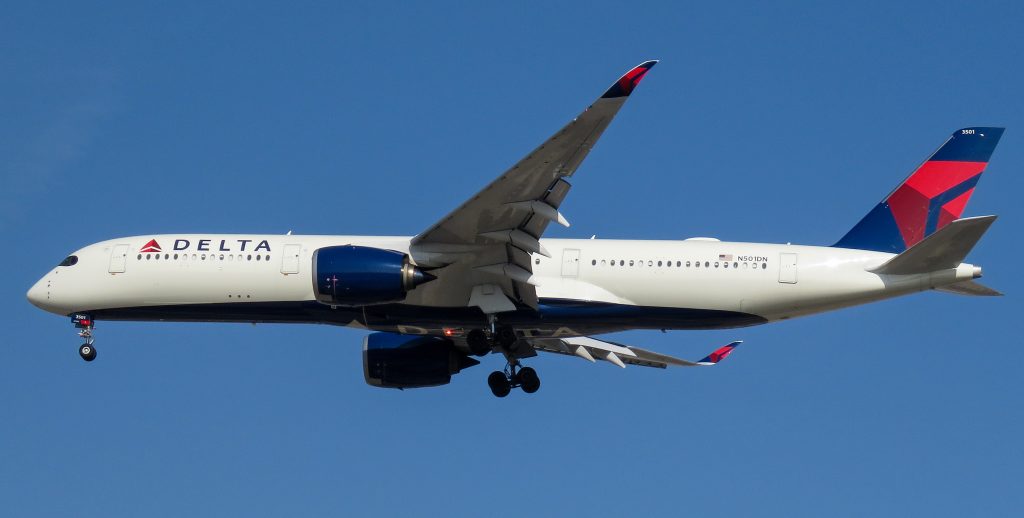Cars, consumer goods, and industrial equipment have been delayed at ports, stuck on rail cars, and languished in warehouses at times over the last few months due to the White House’s on-again, off-again tariff policy.
Planes and their engines are usually ordered by U.S. buyers years in advance, and tariff confusion risks delaying shipments of both, even if the industry has not been directly targeted for duties, sources told Reuters. The frequent changes and added costs are stressing a supply chain that has wrestled with shortages of parts and labor.
Outside Montreal, workers at Airbus’ Canadian plant assembled a single-aisle A220 jet over the last several months, even as the shifting tariff policy made it unclear whether the plane would go to its intended customer, Delta Air Lines, with or without a 25% duty.
The rapidly changing landscape means Delta might receive the 130-seat plane without tariffs, or could owe duties to the U.S. government for parts made outside the United States. The aircraft is expected to be delivered in June, according to aviation analytics firm Cirium.
Delta and Airbus declined comment on whether the A220 jet would be subjected to the levy.
Tariffs have rarely been an issue for aerospace. Aside from an 18-month transatlantic tariff war over Airbus and Boeing subsidies in 2020 and 2021, the industry has operated under a 1979 treaty guaranteeing zero-duty trading that includes the U.S. and Canada, but not Mexico.
But President Donald Trump’s frequent tariff changes during assembly of this A220 jet illustrate how his strategy adds risks for planemakers and airlines alike.
In early February, as Airbus employees in Mirabel, Quebec, worked on the plane’s interior near the start of the assembly line, a source said, Trump threatened a 25% tariff on goods imported from Canada and Mexico. The levy would have raised the cost for Delta substantially on a plane worth about $40.5 million, according to Cirium delivery data from 2024.
SHIFTING TARIFF POLICY
Just before that tariff was to go into effect, Trump delayed it for 30 days, and then said goods compliant with the Trump-negotiated U.S.-Mexico-Canada Agreement would be exempt from duties. Those requirements forced Canadian aerospace companies to scramble to sort out paperwork they had not previously needed.
This particular plane, recently painted in Delta’s colors, was believed to comply with the 2020 agreement, and hence exempt from tariffs, industry sources said. Canada’s Bombardier has said its jets are compliant, and they have been delivered to U.S. clients without duties, one of the sources told Reuters.



